The Middle Ages, often perceived as a dark period of human history, spans over a millennium from the fall of Rome to the dawn of the Renaissance. This era witnessed dramatic transformations where empires crumbled, new ones arose, cultures clashed, and societies evolved.
It was marked by epic battles, profound religious shifts, intellectual advancements, and sometimes horrific calamities. Through 34 compelling chapters, we will explore significant events and figures that shaped an age of both brutality and brilliance, unraveling tales of human interest amidst the backdrop of medieval madness.
In 455, the Roman Empire faced its inevitable decline. Sacked by the Vandals, the culmination of years of decay echoed across Europe. After the fall by Alaric in 410, the sacking served as a death knell marked by the violent end of the last Roman Emperor, Romulus Augustulus, in 480. With political unity crumbling, the Christian Church emerged as the linchpin for European society, setting the stage for the ensuing Middle Ages.
Clovis I, heralded as the first king of the Franks, unified the fragmented tribes of Gaul around 481. His unique conversion to Christianity in 496 facilitated the blending of Frankish identity with the Church’s influence, paving the way for a dynastic legacy lasting over 200 years. Clovis's decisive victory over the Visigoths foreshadowed the rise of a powerful kingdom that would lead Western Europe.
The Justinian Code, enacted under Byzantine Emperor Justinian I in 535, symbolized a revolutionary legal restructuring. This monumental work not only preserved Roman law but laid the foundational stones of legal frameworks still referenced today. Emperor Justinian sought to restore the Roman Empire’s glory while cultivating a rich cultural and artistic heritage intertwined with law and governance.
The birth of Muhammad in 570 in Mecca ushered in a transformative era in religious thought. As the last of the prophets, his teachings, crystallized in the Quran, would forge a new spiritual path, expanding beyond the Arabian Peninsula. Islam's rise altered political landscapes and intertwined with evolving cultures, influencing millions and crafting a legacy that endures through centuries.
In 597, Augustine of Canterbury made history as the first Archbishop of Canterbury, initiating the Christian conversion of England. His pivotal mission, blessed by Pope Gregory the Great, fortified Christianity in England and established the Church’s influence in the political arena. The foundation of the Church of England marks a significant chapter in the narrative of faith and power interwoven within European history.
The Viking Age commenced violently in 793 with the looting of the Lindisfarne Monastery, unleashing terror across Europe for two centuries. These Scandinavian marauders not only pillaged but also settled, leaving cultural imprints and reshaping trade networks from England to the East. Their expeditions and conquests painted a complex tapestry of aggression coupled with discovery.
In 800, Charlemagne was crowned as Emperor of the Romans, uniting a vast empire across Western Europe. His alliance with the Catholic Church facilitated profound religious consolidation, fostering both spiritual and earthly governance. This period marked the emergence of the Carolingian Renaissance and sowed the seeds for the establishment of nation-states in subsequent centuries.
Alfred the Great emerged around 886 as the unifying figure in resisting Viking incursions in England. His leadership and military acumen culminated in the establishment of a fortified state and a legal framework promoting education and literacy. By fostering a sense of English identity, Alfred’s legacy paved the way for future kings and the eventual unification of England.
Otto I's ascendancy in 961 marked the consolidation of the Holy Roman Empire. His achievements extended into military conquests and strengthening church authority, intertwining governance with divine legitimacy. Otto's reign demonstrated the ongoing power struggles within Europe and set the foundation for centuries of conflict shaped by national and ecclesiastical interests.
10. 1021 - The First Novel
In the year 1021, the world witnessed the creation of what many consider the first novel, The Tale of Genji, written by the noblewoman Murasaki Shikibu in Japan. This groundbreaking work intricately depicted court life and complex human emotions, illuminating themes of love, loss, and the intricacies of the heart. Its narrative depth and political intrigue established a literary tradition that transcended cultures and continues to influence storytelling to this day.
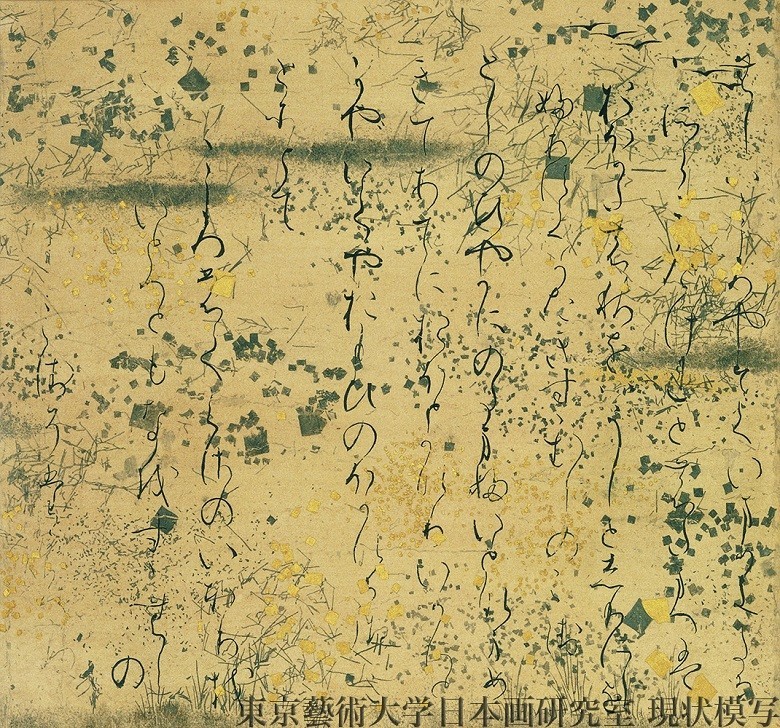
11. 1066 - William the Conqueror
1066 marked a pivotal moment in history as William the Conqueror defeated King Harold II at the Battle of Hastings. This conquest not only ended Anglo-Saxon rule in England but initiated profound societal transformations with the introduction of Norman culture. William’s reign brought feudalism to England, reshaping land ownership and governance, while his commissioning of the Domesday Book provided a comprehensive survey of resources, laying the groundwork for the modern state.
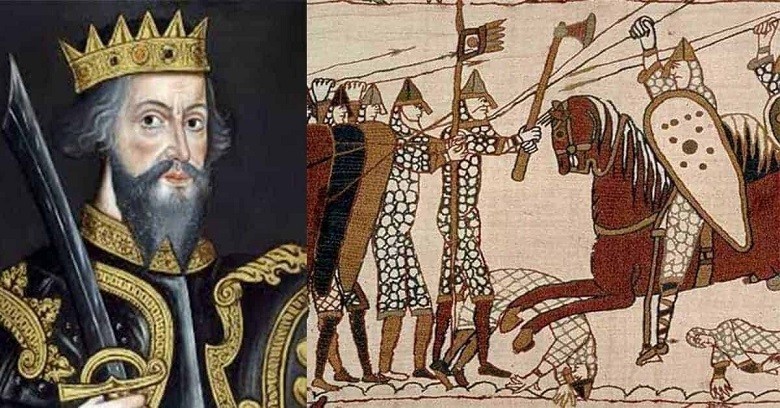
12. 1088 - The First University
In 1088, the University of Bologna emerged as the first European university, marking a significant evolution in education. Founded by a guild of students, it became a center for intellectual thought and scholarly inquiry. The inclusion of women as lecturers illustrated early notions of gender inclusivity in education, paving the way for future academic advancements. This institution fostered the Renaissance spirit and catalyzed the growth of universities across Europe.
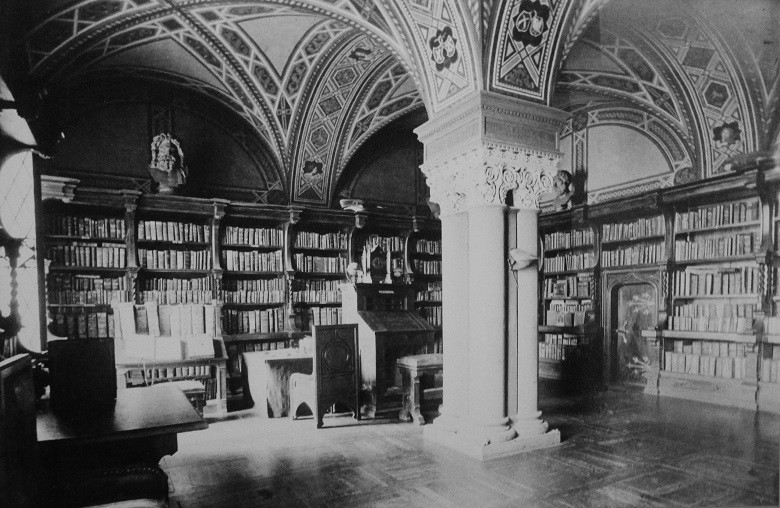
13. 1095 - The First Crusade
The First Crusade began in 1095 when Pope Urban II called for Christians to reclaim the Holy Land from Muslim control. This religious fervor ignited a series of campaigns marked by bloody conflict and unyielding zeal. The successful capture of Jerusalem in 1099 galvanized European Christian unity but also laid the groundwork for centuries of warfare and cultural exchange, as different civilizations clashed and mingled in the name of faith.
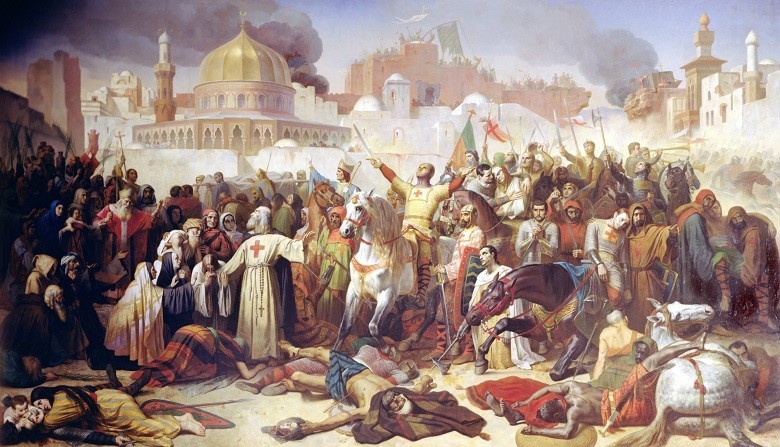
14. 1119 - The Knights Templar
In 1119, the Knights Templar were founded to protect Christian pilgrims in the Holy Land. Known for their distinctive white mantles adorned with a red cross, they quickly grew in wealth and influence, establishing a nascent banking system. Their commitment to the Crusades and the spiritual defense of Christendom solidified their reputation. However, their extraordinary rise attracted envy and suspicion, culminating in their dramatic downfall in the early 14th century, largely orchestrated by King Philip IV of France.
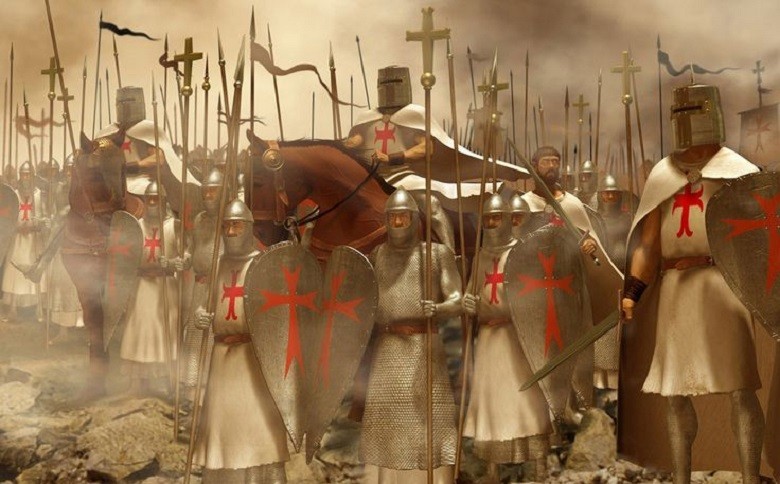
15. 1206 - The Mongols
The year 1206 saw the rise of Genghis Khan, who united the Mongol tribes and established one of the largest empires in history. His military genius and strategic diplomacy allowed the Mongols to conquer vast territories across Eurasia. The Mongol Empire facilitated cultural exchanges and trade along the Silk Road, bridging East and West. Yet, their conquests were marked by brutality and terror, reshaping the political landscape of the time and leaving an indelible mark on history.
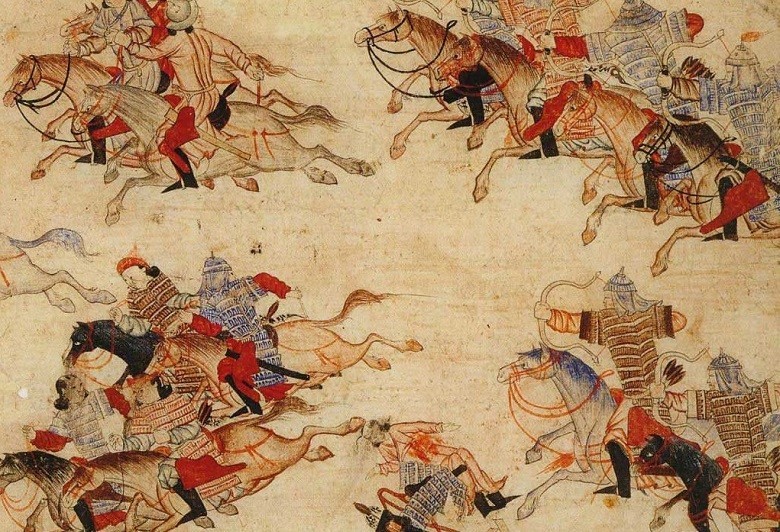
16. 1215 - Magna Carta
In 1215, discontent among English barons culminated in the sealing of the Magna Carta by King John at Runnymede. This historic document established the principle that everyone, including the king, was subject to the law. It granted specific rights to nobles and laid the groundwork for parliamentary democracy. The Magna Carta influenced constitutional development in many nations, symbolizing the struggle for individual rights and the notion of limited government.
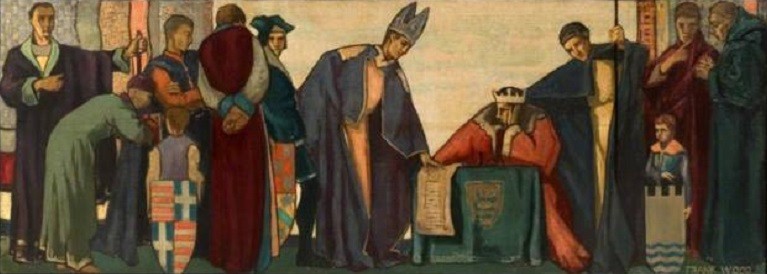
17. 1271 - Marco Polo
At the age of 17, Marco Polo embarked on his remarkable journey to Asia in 1271. Traveling along the Silk Road, he spent nearly 25 years exploring China and beyond, documenting his encounters with diverse cultures and astonishing sights. His writings, published as The Travels of Marco Polo, captivated Europe and inspired generations of explorers. Polo's narratives fostered curiosity about the East and opened new avenues for trade, dramatically influencing the Age of Exploration.
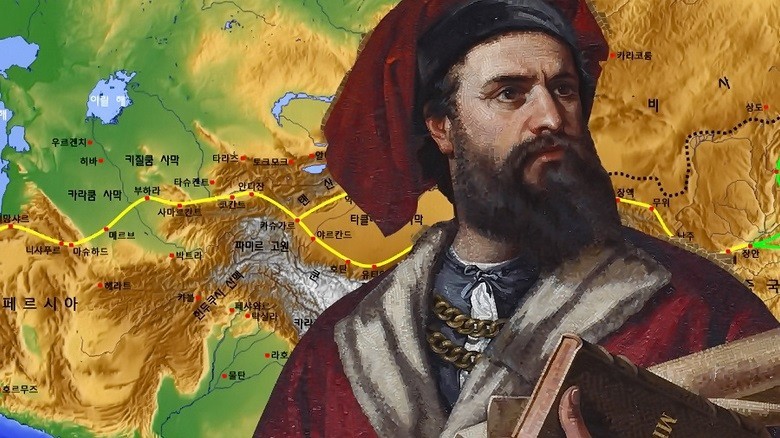
18. 1273 - The House of Habsburg
In 1273, Count Rudolf I of Habsburg ascended to the throne as the first Holy Roman Emperor of his dynasty. The Habsburgs would dominate European politics for centuries, producing monarchs who ruled vast territories across the continent, including Spain and Hungary. Their strategic marriages often forged powerful alliances, though their tendency toward inbreeding led to genetic disorders known as the "Habsburg jaw." This family’s complex legacy showcases the interplay of power and passion in medieval Europe.
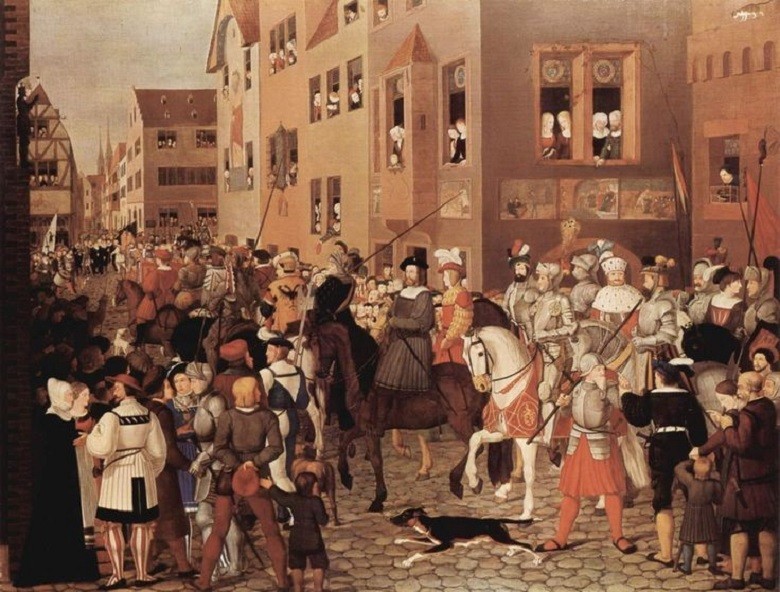
19. 1296 - Scottish Wars
The Scottish Wars of Independence began in 1296 when Edward I of England invaded Scotland. The conflict ignited a fierce struggle for autonomy, with William Wallace becoming a symbol of resistance. After a series of battles, including the pivotal Battle of Stirling Bridge in 1297, Wallace’s leadership inspired hope among Scots. The eventual crowning of Robert the Bruce as King of Scots in 1306 heralded a renewed determination to reclaim Scotland’s independence, culminating in the victory at Bannockburn in 1314.
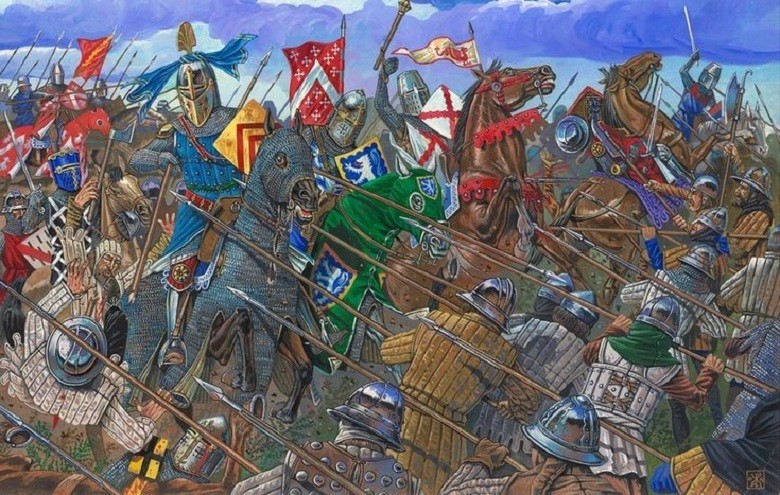
20. 1299 - The Ottoman Empire
The year 1299 witnessed the establishment of the Ottoman Empire, founded by Osman I. This powerful Islamic state would expand across three continents, unifying diverse cultures and religions. The Ottomans became known for their architectural achievements and administrative prowess, fostering relative peace and prosperity known as the Pax Ottomana. Their legacy reshaped global dynamics, marking the rise of a vast empire that thrived for over six centuries.
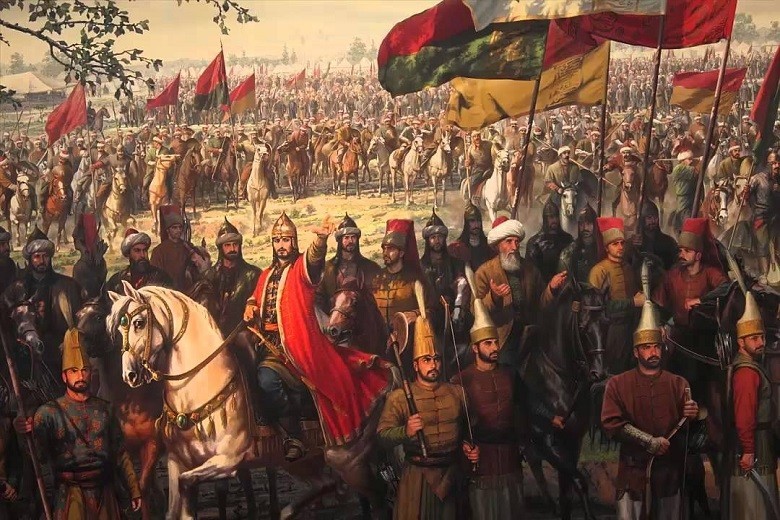
21. 1337 - The Hundred Years’ War
The Hundred Years' War began in 1337, pitting England against France in a quest for territorial dominance. This protracted conflict spanned 116 years, featuring iconic battles such as Crécy and Agincourt. The war influenced national identities and military tactics while highlighting the importance of chivalry and valor. The eventual decline of feudalism and the rise of centralized governments marked this transformative era in European history.
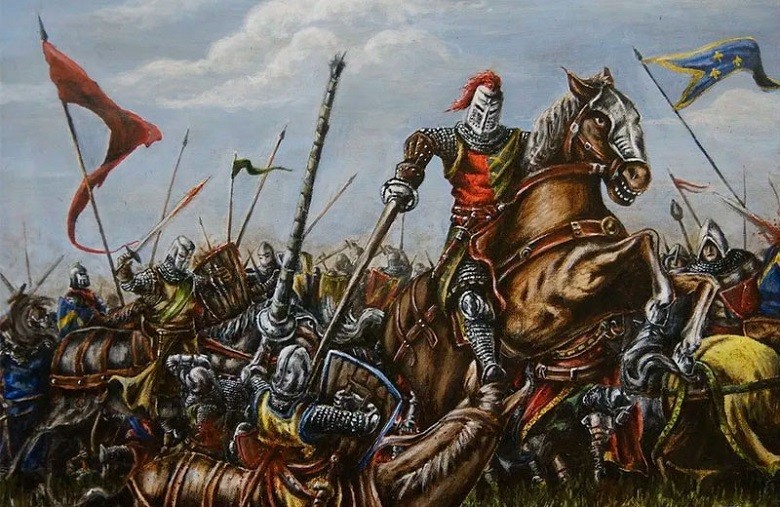
22. 1347 - The Black Death
In 1347, the Black Death swept through Europe, claiming millions of lives and decimating nearly one-third of the population. This devastating pandemic had profound social and economic repercussions, leading to labor shortages, shifts in power dynamics, and questioning of religious authority. The plague not only sparked fear and despair but also prompted transformative changes in society, laying the groundwork for the Renaissance.
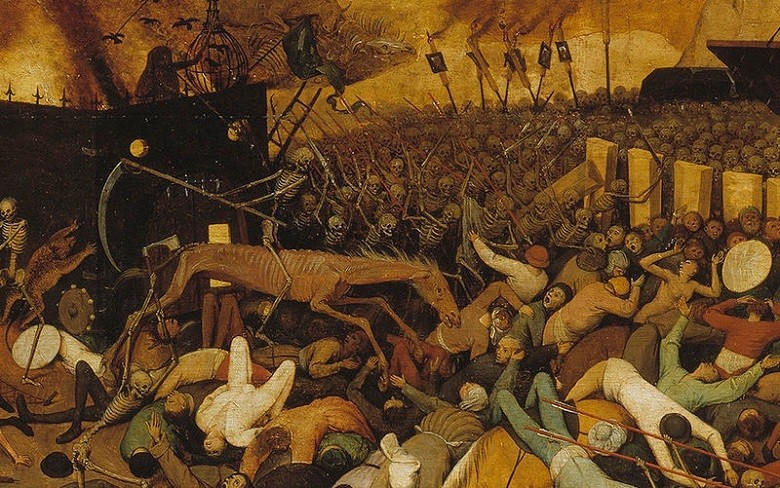
23. 1368 - The Great Ming
The Ming dynasty was established in 1368 after the overthrow of the Mongol Yuan dynasty. This era heralded a revival of Chinese culture, marked by advancements in art, literature, and exploration. The Ming emperors strengthened the central government and initiated remarkable shipbuilding projects, leading to expeditions by Admiral Zheng He that connected China with distant lands. The Great Ming exemplified the resurgence of a great civilization after centuries of turmoil.
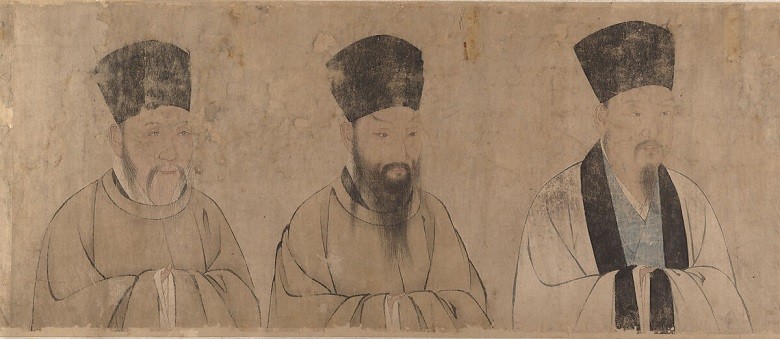
24. 1380 - The Canterbury Tales
In 1380, Geoffrey Chaucer began crafting The Canterbury Tales, a collection of stories told by pilgrims traveling to Canterbury. Through rich characterizations and vivid narratives, Chaucer offered a glimpse into medieval society’s complexities, including class struggles and moral dilemmas. His work stands as a cornerstone of English literature, reflecting the vernacular of the time and bridging cultural gaps with humor and humanity.
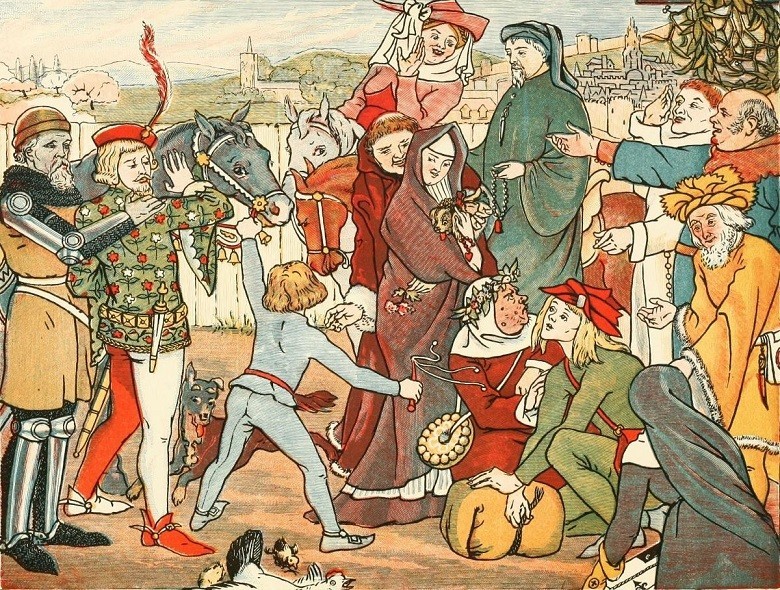
25. 1415 - The Battle of Agincourt
At the Battle of Agincourt in 1415, King Henry V of England achieved a stunning victory against overwhelming odds, decisively defeating the French forces. The battle showcased the effectiveness of English longbowmen and solidified Henry's reputation as a military leader. This triumph boosted English morale during the Hundred Years’ War and emphasized themes of honor, valor, and national pride that would resonate throughout history.
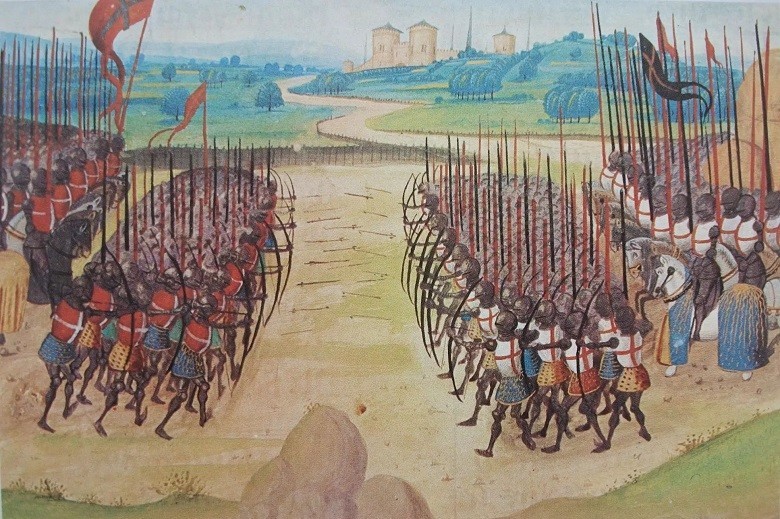
26. 1428 - Rise of the Aztecs
In 1428, the Aztec Empire began its ascent under the leadership of Itzcali. Through military conquest and strategic alliances, the Aztecs expanded their dominion across central Mexico, establishing a highly organized and culturally rich society. Known for their advanced agricultural systems, monumental architecture, and intricate social hierarchy, the Aztecs left an enduring cultural legacy, which would later face challenges with the arrival of Spanish conquistadors in the 16th century.
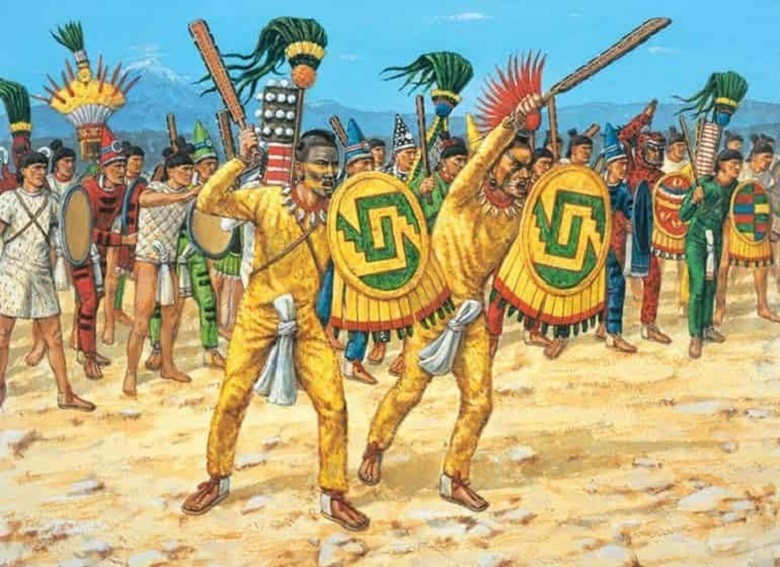
27. 1431 - Death of Joan of Arc
Joan of Arc, the fearless maiden who played a crucial role in rallying French forces against English occupation during the Hundred Years' War, was captured and executed in 1431. Tried for heresy and witchcraft, her martyrdom fueled the French spirit, leading to the eventual victory over England. Canonized as a saint in 1920, Joan's life symbolizes bravery, faith, and the struggle for national identity.
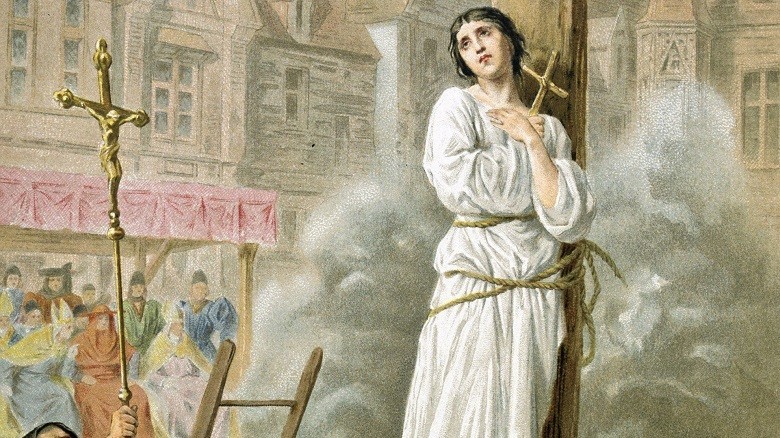
28. 1434 - The Rise of the Medici
In 1434, the Medici family rose to political prominence in Florence, marking a golden age of wealth and art. Their patronage attracted luminaries like Leonardo da Vinci and Michelangelo, fostering an artistic Renaissance that defined European culture. The Medici's intricate banking empire and shrewd political maneuvers positioned them as influential power brokers, shaping societal ideals and transforming Florence into the cradle of the Renaissance.
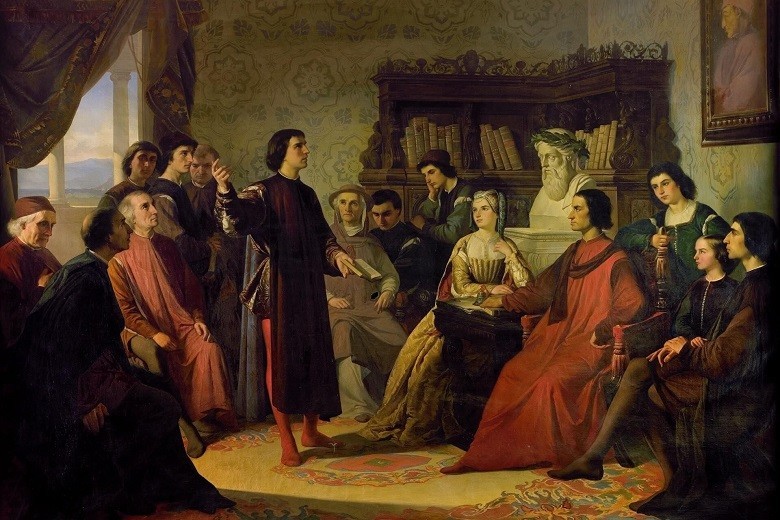
29. 1439 - The Printing Press
In 1439, Johannes Gutenberg invented the movable-type printing press, revolutionizing the dissemination of knowledge. His printing of the Gutenberg Bible marked a pivotal moment in history, making literature accessible to the masses and facilitating the spread of ideas. This innovation directly contributed to the Renaissance, the Reformation, and the establishment of a more informed public, setting the stage for modern communication.
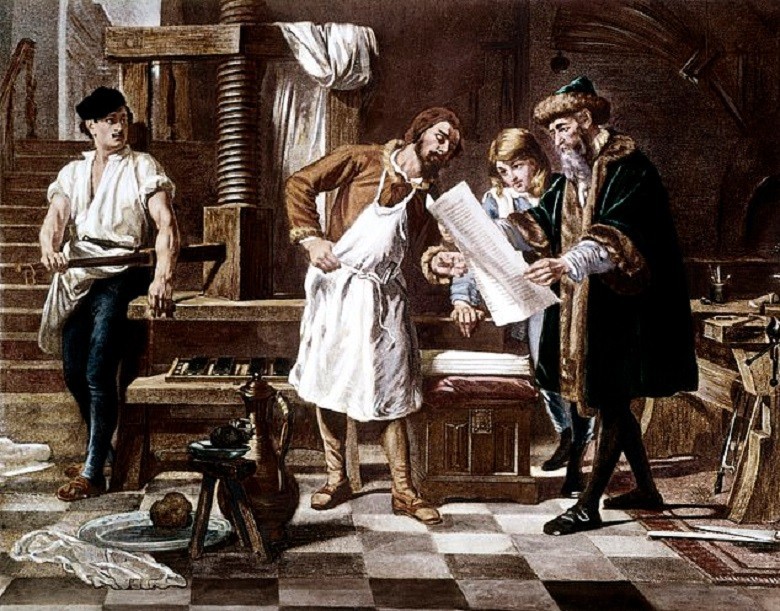
30. 1441 - Slavery
The year 1441 marked the tragic beginnings of the African slave trade, spearheaded by Prince Henry the Navigator of Portugal. As European exploration intensified, enslaved Africans were forcibly transported across the Atlantic, laying the foundations for a brutal economy predicated on exploitation and oppression. This dark chapter would have lasting implications on global demographics, cultures, and ethics, prompting ongoing struggles for human rights.
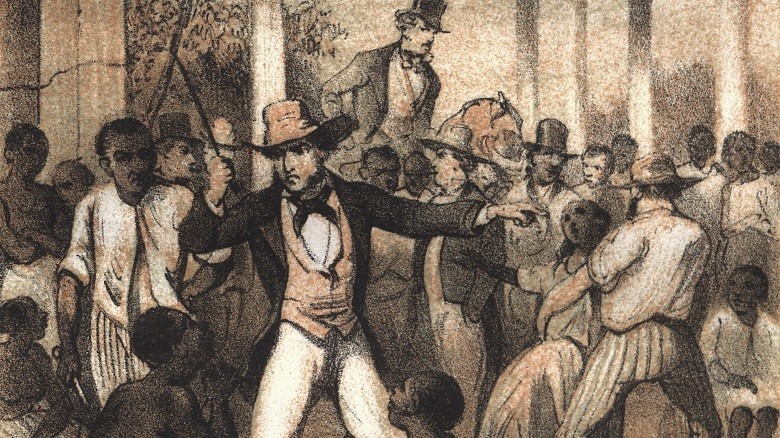
31. 1453 - The Fall of Constantinople
In 1453, the Ottoman Empire, led by Sultan Mehmed II, captured Constantinople after a 53-day siege. The fall of this once-glorious city marked the end of the Byzantine Empire and heralded a new era in European history. Constantinople’s transformation into Istanbul solidified Ottoman power and facilitated the spread of Islam, significantly altering geopolitical dynamics and ushering in the Renaissance in the West.
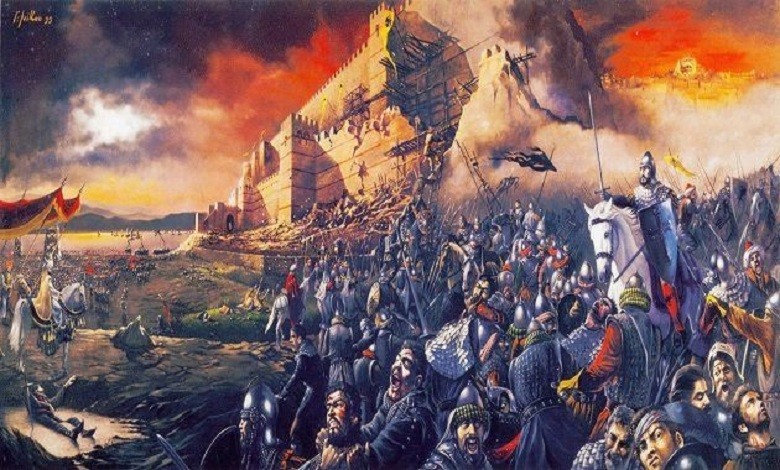
32. 1455 - Wars of the Roses
The Wars of the Roses, a series of civil wars for control of the English throne, ignited in 1455, pitting the houses of York and Lancaster against one another. These wars reflected deep-seated rivalries and disputes over legitimacy, leading to significant upheaval and bloodshed. The conflict ultimately culminated in the rise of the Tudor dynasty, altering the political landscape of England for generations.
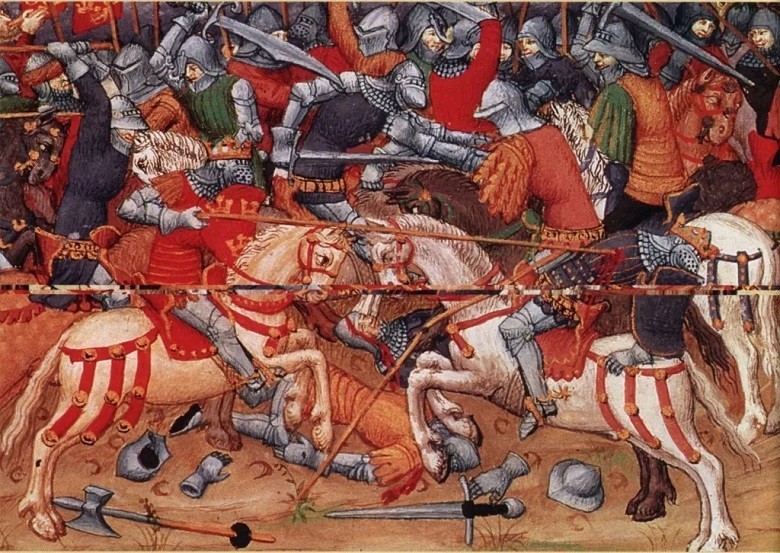
33. 1492 - The Unification of Spain
In 1492, Ferdinand II of Aragon and Isabella I of Castile completed the reconquest of Spain from the Moors, expelling Jews and Muslims in the process. This unification of Spain marked the culmination of decades of struggle and solidified their reign as Catholic monarchs. The same year, their sponsorship of Christopher Columbus’s expedition led to the discovery of the New World, forever changing the course of history through exploration and colonization.
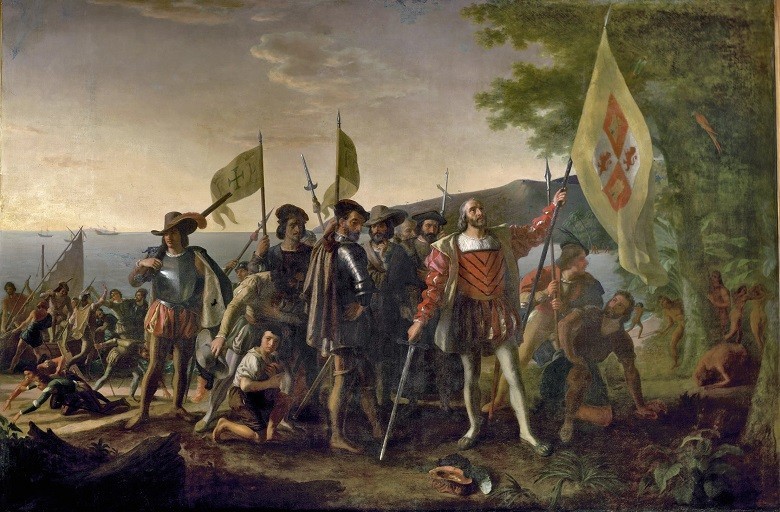
Conclusion
Spanning a millennium, the Middle Ages encompass a rich tapestry of human experience, characterized by conflict, innovation, and transformation. From the fall of empires to the rise of new religions and cultural movements, this era laid the groundwork for the modern world. Medieval Madness invites readers to reflect on the lessons learned, the resilience of humanity, and the indomitable spirit that shaped the ages. In our exploration of history, we find not only narratives but the threads that connect us through time, reminding us of our shared legacy and the path forward into the future.

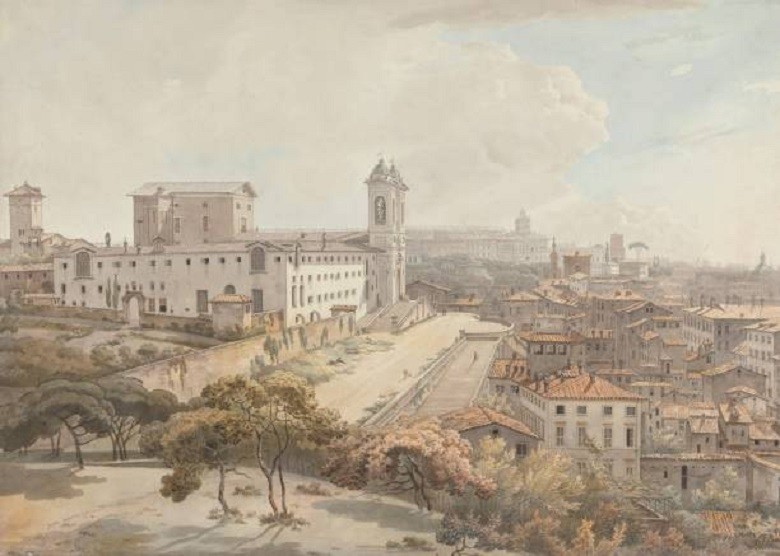
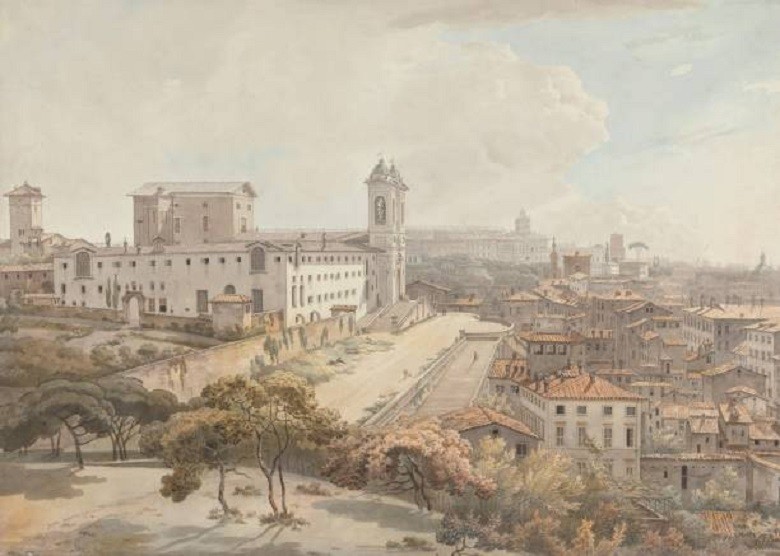
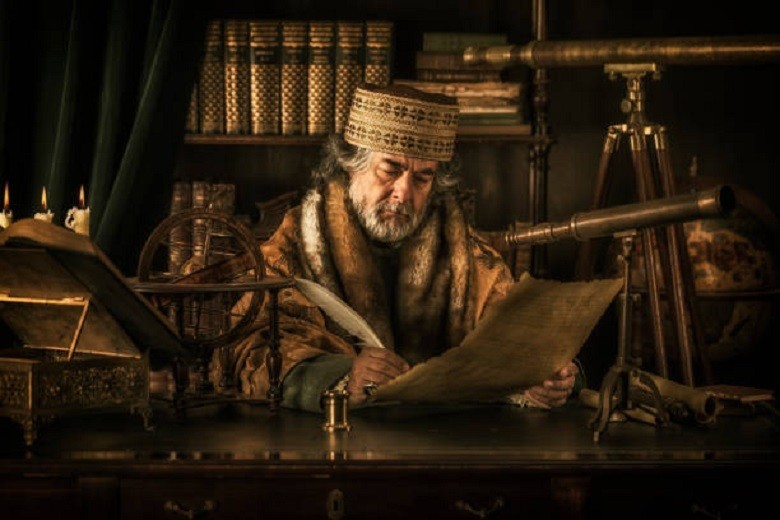
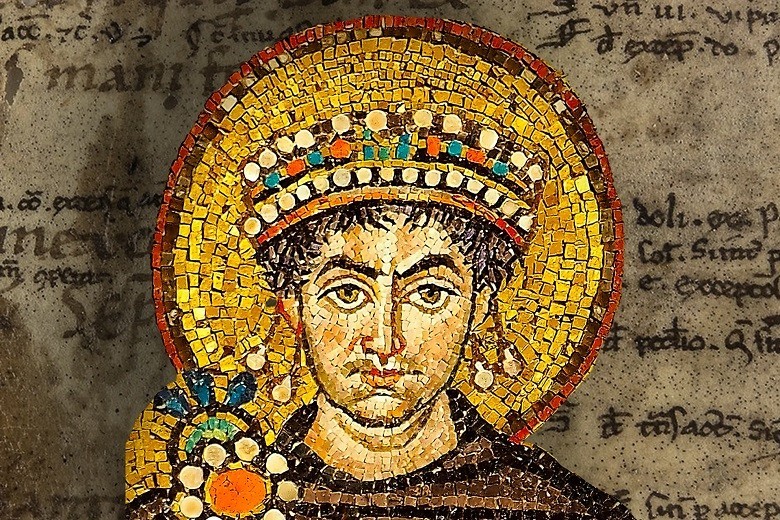
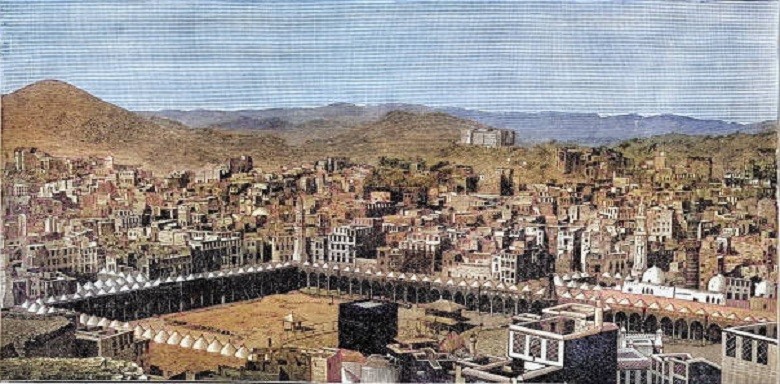
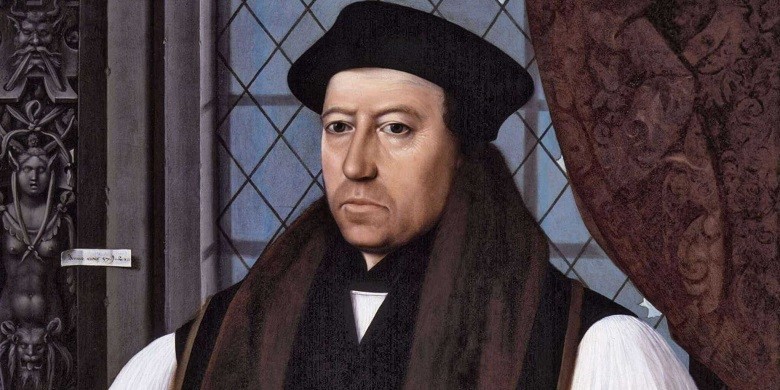
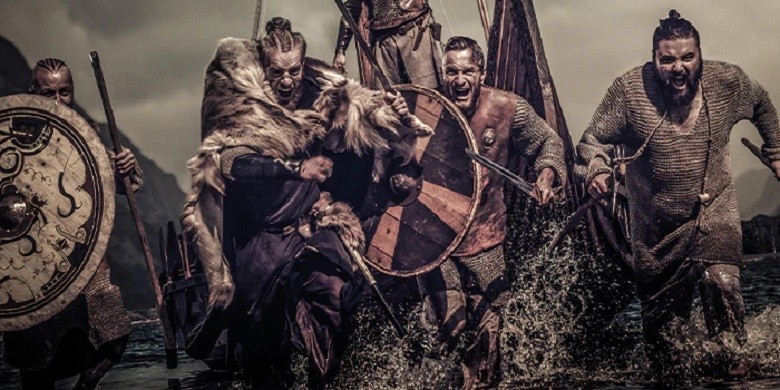
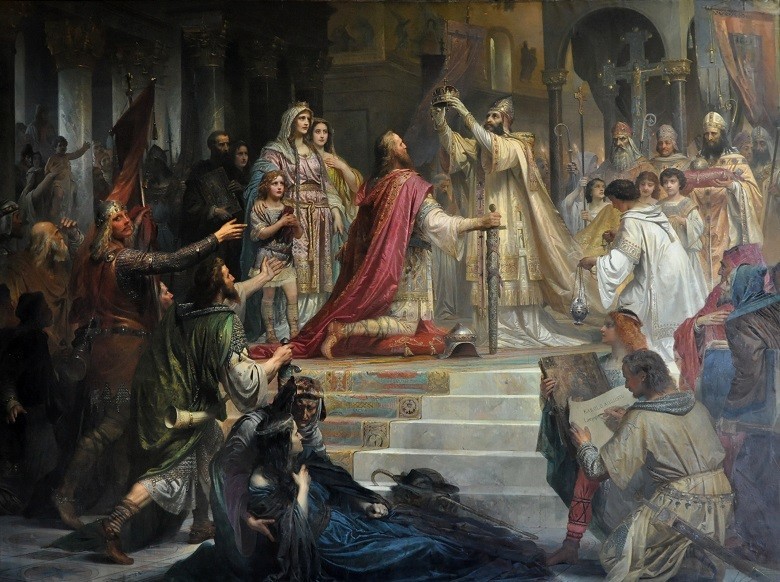
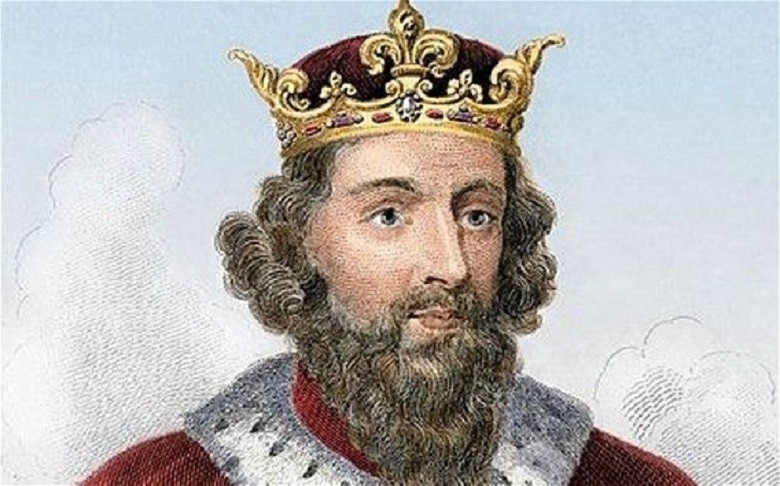
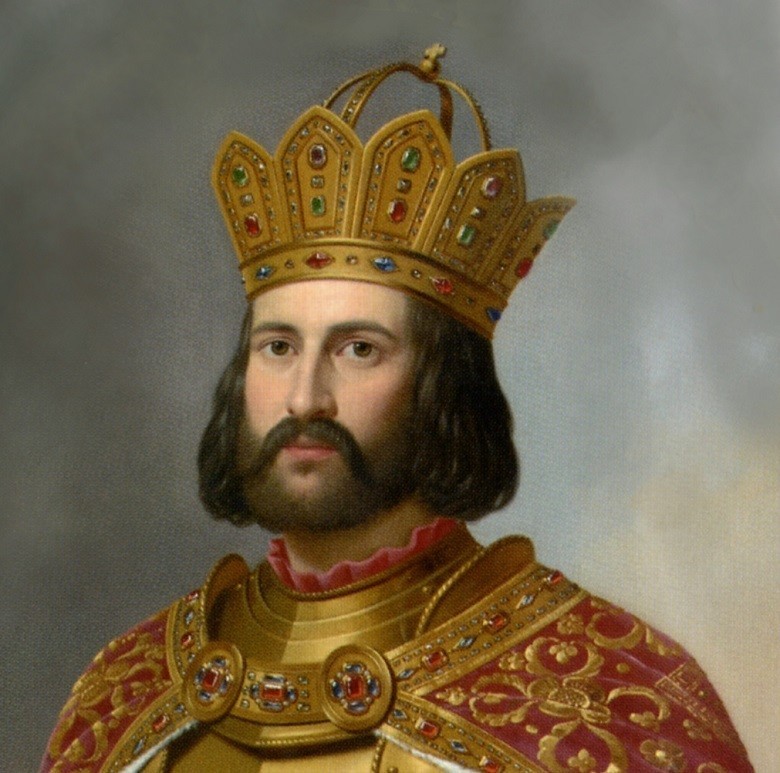












































Comments
0 comment